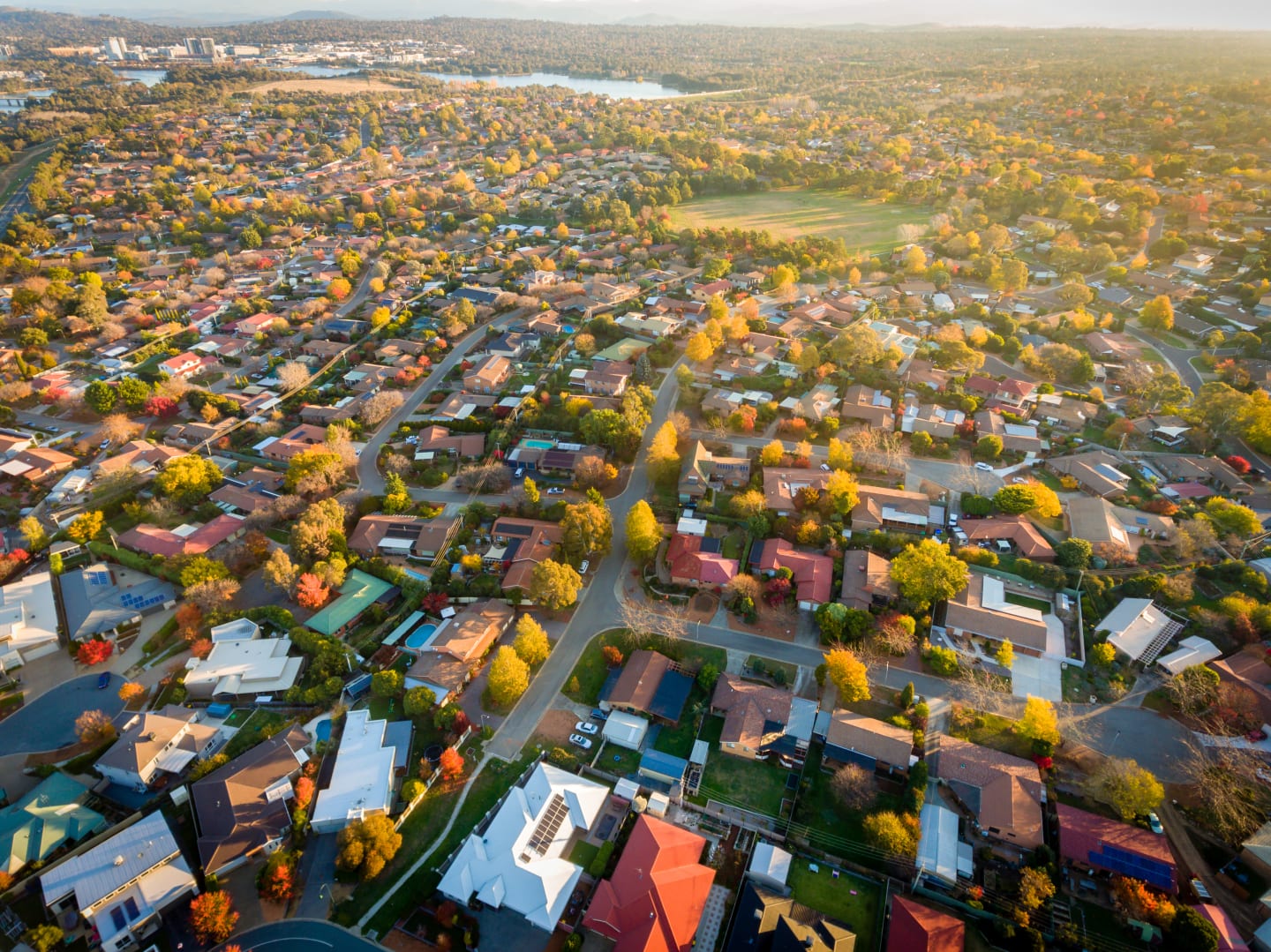Why axing stamp duty will help everyone
Among the many changes that may occur in society over the coming months and years is the potential for one of our most inefficient taxes to finally be axed. Stamp duty has long been the bane of most property owner’s existence with buyers having to fork out tens of thousands of additional dollars for the supposed “privilege” of purchasing a piece of real estate.
Over the decades, as the price of property has increased, the percentage rate of stamp duty has generally stayed the same, which has resulted in the cost of stamp duty soaring.
In some cases, in exclusive Sydney suburbs, for example, buyers are stumping up more than $100,000 every time they purchase a home.
In many other locations, you won’t get much change from $20,000 to $40,000, depending on the property’s price point.
However, it appears that a new way of tax thinking is potentially on the way.
Time to heave-ho
Stamp duty has been identified by experts as an inefficient tax that needed to go for years, but successive governments failed to listen.
Perhaps it all seemed a bit hard, with State Governments now overly reliant on stamp duty proceeds to fund their budgets.
Of course, we’re all currently living through some of the most difficult days of our lives, which has created the ideal conditions for significant changes to how we live, including the taxes we pay. The push to stamp out stamp duty has already begun, with many experts suggesting now is the time to give it the heave-ho.
The timing is perfect, because stamp duty has always slowed down the market, which we need to be firing to help reignite our economy. What I mean is that stamp duty always prevented more people from buying a property, because they simply couldn’t afford the additional fee to do so.
Likewise, it stopped many other people from selling, which reduced supply, because they also didn’t want to have to pay stamp duty when they bought somewhere bigger or smaller or just something somewhere else.
Removing stamp duty will also increase the deposits of investors and home buyers, which will give them more choice of where and what to buy.
For example, in Queensland, the stamp duty on a $500,000 home is about $18,000.
Say, a would-be buyer had saved $68,000, but no longer needed to pay stamp duty, their purchasing power has increased by a staggering 26 per cent.
That means they could not only potentially buy a more appropriate property for their needs, but they could also simply buy sooner because they no longer have to stump up nearly $20,000 in tax.
Of course, you can’t just remove a huge revenue stream and not replace it with something, which is likely to be land tax.
How that will look in practice is not clear, but it’s likely to include an annual fee of a few hundred dollars for all property owners based on the rateable value of their land.
That system would ultimately be more equitable whilst also providing the income that government’s need from year to year. It’s clear that sometimes there needs to be a fresh perspective for big changes to occur, which is usually because of a change in political power. However, that is not the situation today.
While all of us would prefer that coronavirus never existed, its impact long-term on our society may also include leaving a legacy of a fairer taxation system for everyone.
